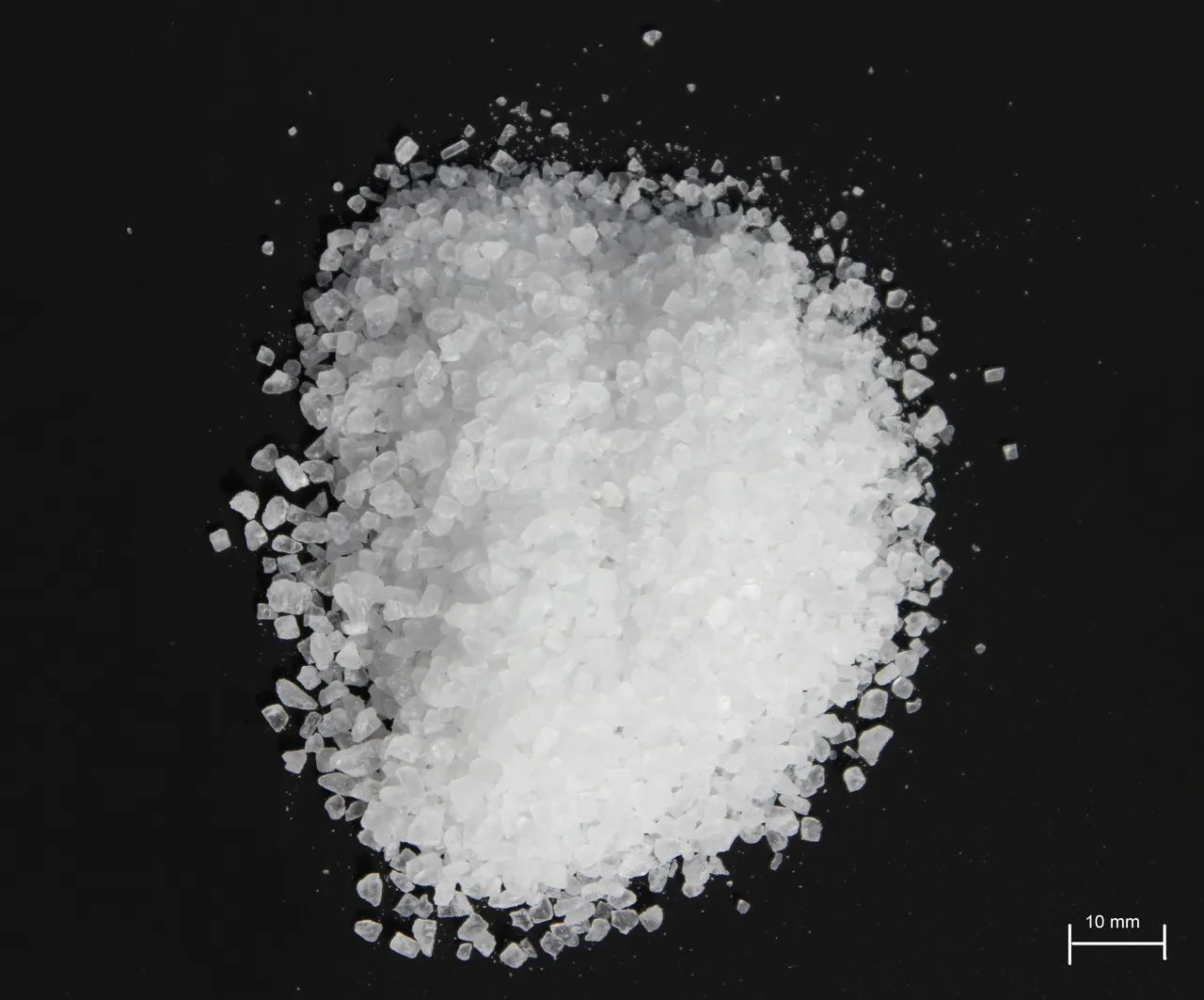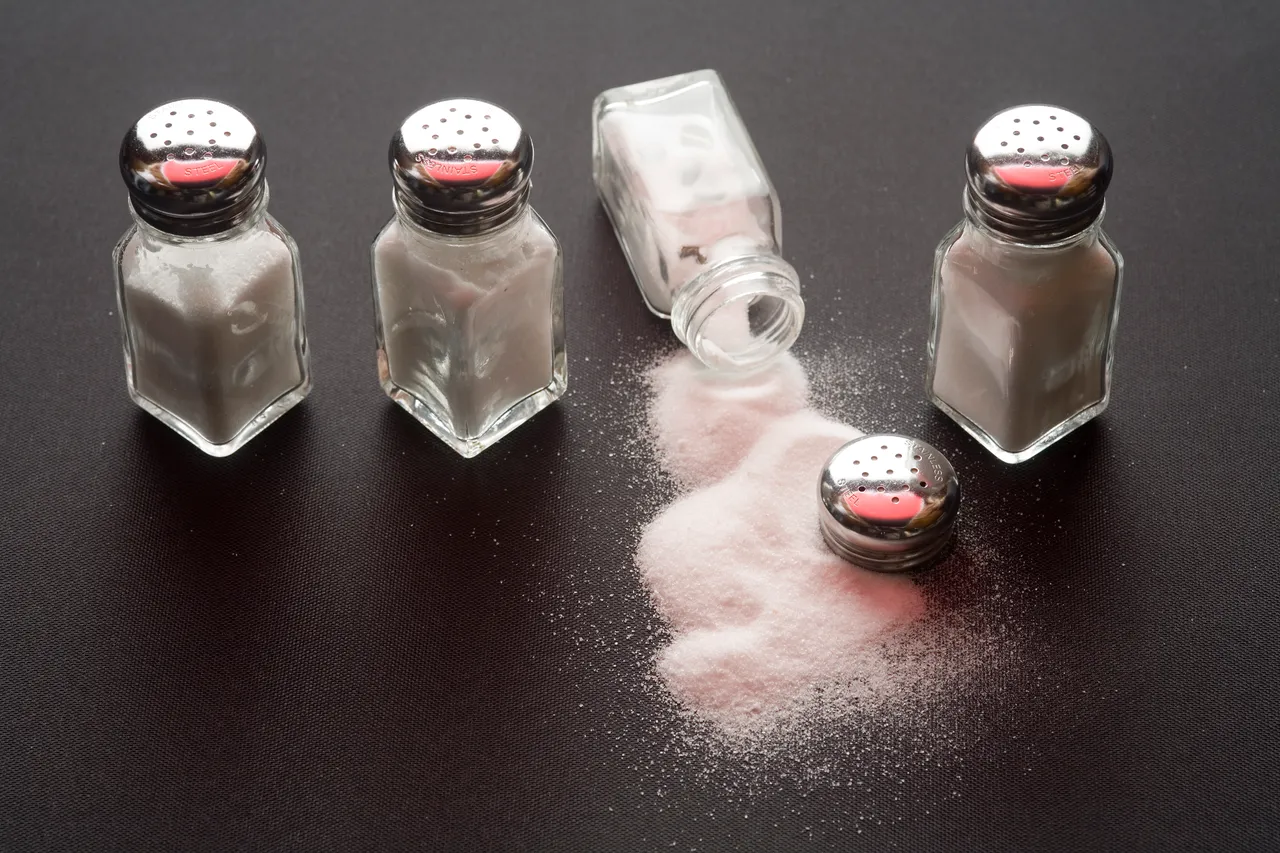There has been much debate, interviews, and discussion about many food diets, including the amount of calorie intake, eggs, low fat, and worst of all, something as simple as salt and we all concluded that they are bad for us until we decided to do a better study of it. Before I continue let me state a few things you should know about salt.
The daily intake of salt by the WHO is 5 grams, while people might consume 2 to 3 times the amount of salt daily, taking a high amount of salt at once can be hazardous to once health and can lead to loss of life.
Salt increases your blood pressure because the more salt you take, the more water is attracted into the blood by sodium which increases blood pressure. Simple I guess, No. It isn't as simple as it sounds. I realized that I took over 30 grams of salt in a day and while I realized at the end of the day, I didn't set off to do such a challenge. I checked my blood pressure when I was done and realized that it didn't change but this was not the same story when I tried it with an energy drink the following day which took my blood pressure up by over 10bpm. Is salt consumption as bad as it is being portrayed?
In 1977, George McGovern mentioned that Americans should cut down on salt and saturated fat. Sorry if I did not mention your country, if it started from there, I would have mentioned it. There was a lot of opposition to these guidelines but the 3g for daily salt intake was rolled out to the general public. Salt has always been vital for life but why did we start to fear that it could lead to high blood pressure?
It began with Dr. Lewis Dahl who studied data of a population that consumed salt and realized that they had more hypertension. He decided to perform a study on rats in which he fed food containing high amounts of salt. He realized that some of them suffered from high blood pressure but not all. He had bred rats that were genetically hypersensitive to salt which he later fed commercial baby food leading to the death of half of the rats. This led to US to issue a guideline for salt to be reduced in commercial baby foods.
It wasn't until 1983 that there was a real study of salt on humans. Before the human experiment, there was no guideline to the human equivalent of the salt given to the rats but according to the study, the human equivalent would be 40g which is 8 time above the WHO guidelines and his salt resistant rats could eat up to 100g of salt in human equivalent and not suffer from high blood pressure.
https://upload.wikimedia.org/wikipedia/commons/8/8d/Blood_Pressure_And_Blood_Glucose_Test_-Health_Check-up_Camp-NCSM-Salt_Lake_City-_Kolkata_2017-06-21_2947.JPG
wikimedia
Before refrigerators, we kept our foods from spoiling with salting which meant we ate high amounts of salt and we still consumed high amounts of salt during World War, so how did we get to the hypertension and salt hypothesis? We are so quick to hear things and not understand the context in which it was being said, and funny enough, we will spread it far and wide. The salt advice came from Louisiana State University Medical Center and it mentioned that salt intake should be reduced as a result of this position where high sodium with low potassium could lead to hypertension in genetically susceptible people but when it was to get to the public, potassium and genetics weren't mentioned.
Eating a ton of salt could be terrible for you but not eating lots of salt could be worse than you think. People with healthy kidneys should be able to excrete any large amount of salt consumed and also a low-salt diet can be stressful to the body.
Reference
https://www.who.int/data/gho/indicator-metadata-registry/imr-details/3082
https://pmc.ncbi.nlm.nih.gov/articles/PMC3910043/
https://www.npr.org/sections/thesalt/2014/03/28/295332576/
https://www.ahajournals.org/doi/10.1161/hypertensionaha.114.04368
https://pmc.ncbi.nlm.nih.gov/articles/PMC4393342/
https://pmc.ncbi.nlm.nih.gov/articles/PMC2118645/
https://pmc.ncbi.nlm.nih.gov/articles/PMC9237821/
https://pmc.ncbi.nlm.nih.gov/articles/PMC4953267/
https://www.bbc.com/future/article/20181029-eating-less-salt-benefits
https://www.theguardian.com/science/2018/aug/09
https://pmc.ncbi.nlm.nih.gov/articles/PMC7384997/
https://pmc.ncbi.nlm.nih.gov/articles/PMC10759559/

